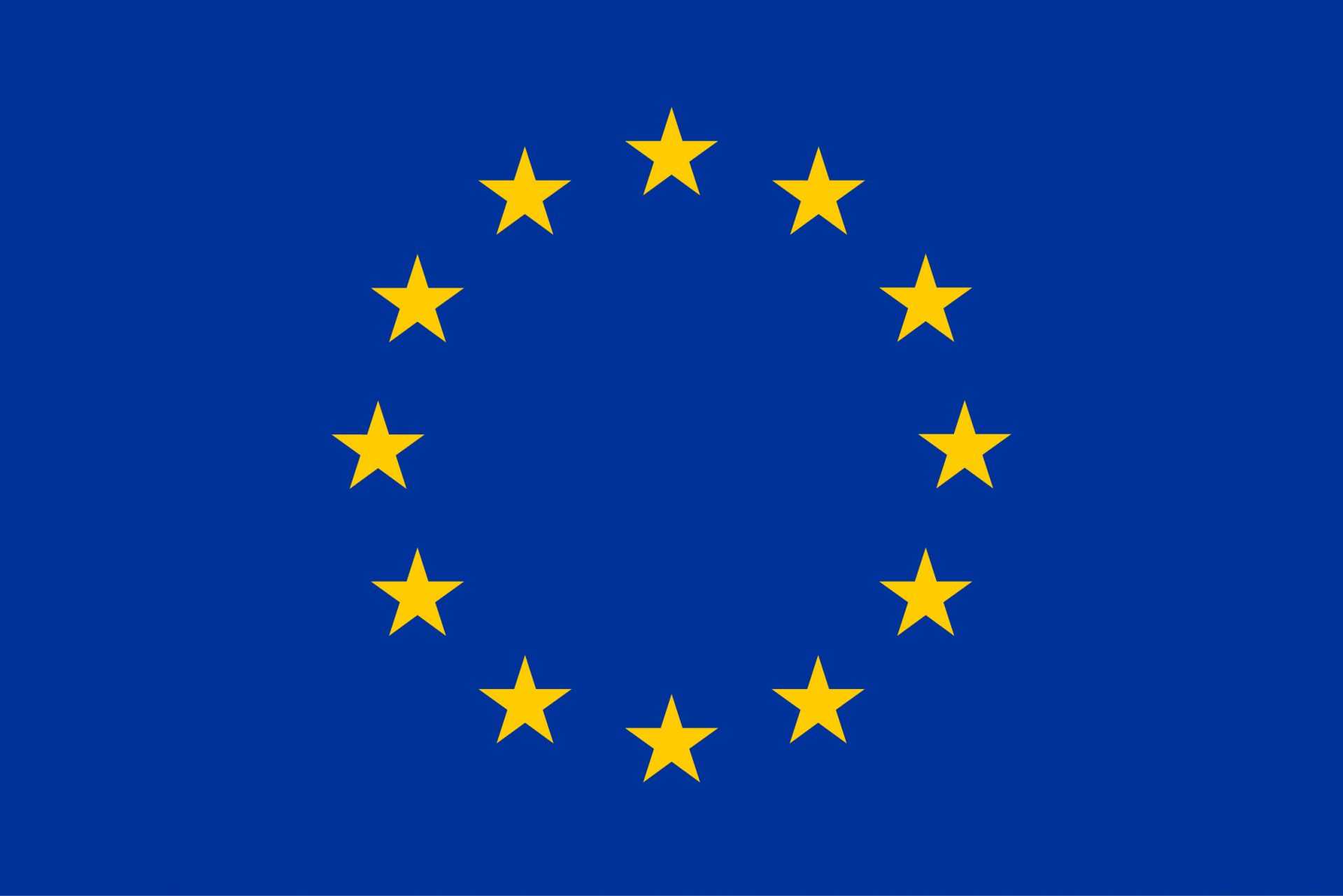Background
Proclaimed twenty (20) years ago and legally binding since 2009, the EU Charter of Fundamental Rights brought EU states closer to European integration under the umbrella of common values, human rights, and rule of law. Over the past decade, the Charter has contributed to the promotion and protection of people’s fundamental rights in the EU.
The number of independent national human rights institutions and advisory bodies mandated to monitor and report on the situation of human rights has also risen significantly in the EU, laying down solid foundations for the enforcement of individuals’ rights in practice.
However, in the area of asylum, the Charter’s relevant provisions have not attained their potential level of influence. This, despite a Common European Asylum System based on international and regional human rights standards, intended to safeguard the right to asylum and create a protection space for persons fleeing persecution and human rights violations.
Although Member States have a duty to respect the rights and observe the principles of the Charter whenever they are acting within the scope of binding EU law, various reports show violations of rights and principles protected by the Charter.
Project rationale
These violations refer inter alia to the right to good administration, the right to a dignified life, the prohibition of torture, inhuman and degrading treatment, the right to liberty and security, the right to private and family life, the right to effective remedies. At the same time, rights-holders have limited to no access to legal remedies and support.
More recently, the containment of COVID-19 led to restrictions on a wide array of fundamental rights and freedoms and widened the inequalities, sometimes with disproportionate impact on certain group and categories (women, children, people with disabilities, elderly, etc.).

The Project
This project “Rooting for Rights” (R4R) brings together human rights organizations and experts from Cyprus, Greece, Malta and Portugal, as well the Greek National Commission of Human Rights (GNCHR), being lead organisations in the area of asylum within their national contexts.
The aim of this unique Southern European consortium, acknowledging the main regional similarities and particularities of this area, is to increase the Charter’s impact on the lives of applicants and protection beneficiaries by:
- strengthening capacities of civil society organisations and justice practitioners to support litigation;
- improving rights-holders’ awareness on effectively claiming their rights;
- raise awareness within and mobilize first responders, law enforcement bodies and rights-defenders to identify potential violations and take preventive action;
- engaging with national authorities and independent human rights bodies for the promotion and enforcement of EU values and the Charter.
In view of the particular challenges faced by applicants and protection beneficiaries in the targeted Member States,, the project seeks to bring about effective, sustainable and meaningful change in the area of reception, including detention, reception conditions, identification and care of vulnerable persons, including unaccompanied children.

Why Malta?
In its 2021 report, the European Committee for the Prevention of Torture (CPT) noted “structural deficiencies in Malta’s immigration detention policy”, commenting that the system merely contains migrants “who had essentially been forgotten, within poor conditions of detention and regimes, which verged on institutional mass neglect.”
The CPT underlined several issues:
- lack of lawful detention basis for most migrants;
- overcrowded facilities; poor living conditions;
- absence of regular and clear information;
- restricted contact with service-providers;
- lack of care for vulnerable persons, including children;
- lack of protection policies and protocols.
For many cases, the CPT flagged the possibility of Malta’s treatment as amounting to inhuman and degrading treatment.
Similar concerns were also expressed by the Office of the United Nations High Commissioner for Human Rights (OHCHR), flagging the ongoing detention of children, lack of proper protocols for individualized assessments, no access to information or to lawyers, no access to any remedies and extremely poor living conditions.
Project Activities
- Gap analysis: data collection, questionnaires, interviews and discussions with relevant stakeholders such as NGOs, public entities, and refugee-led associations, and jurisprudence analysis;
- Training events targeting justice practitioners and field-based professionals;
- Tailored made trainings for law-enforcement officers working in reception and detention;
- Advocacy conference with MPs;
- Dissemination of project results and recommendations;
- Development of awareness raising messages and materials targeting applicants of international protection.
For more information
…get in touch with us!
Project Updates

